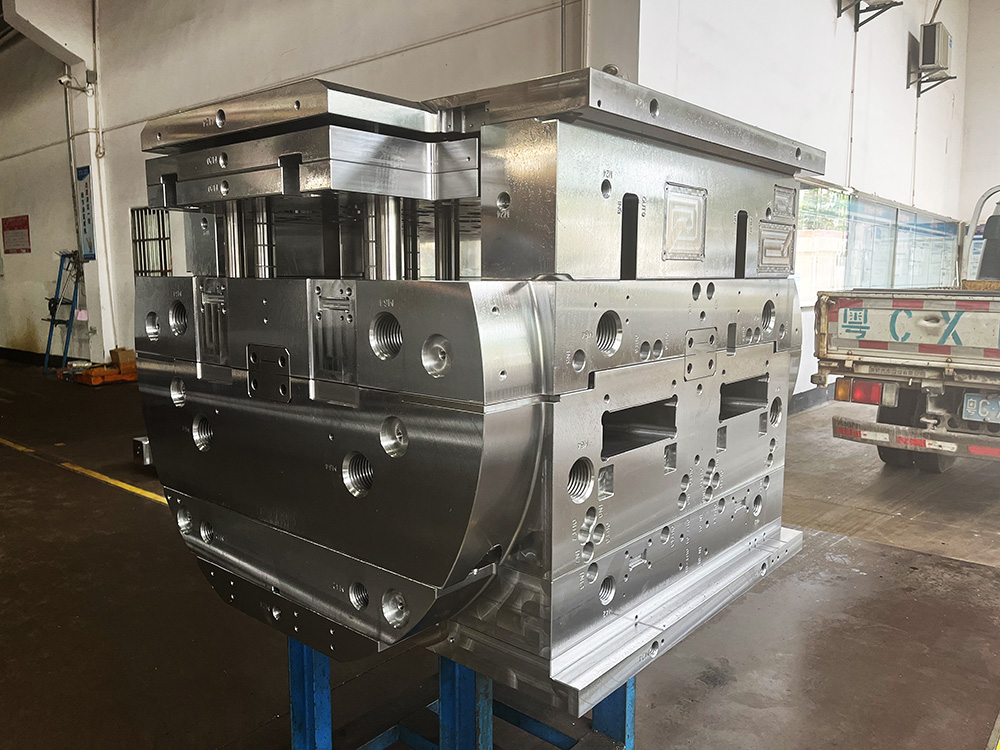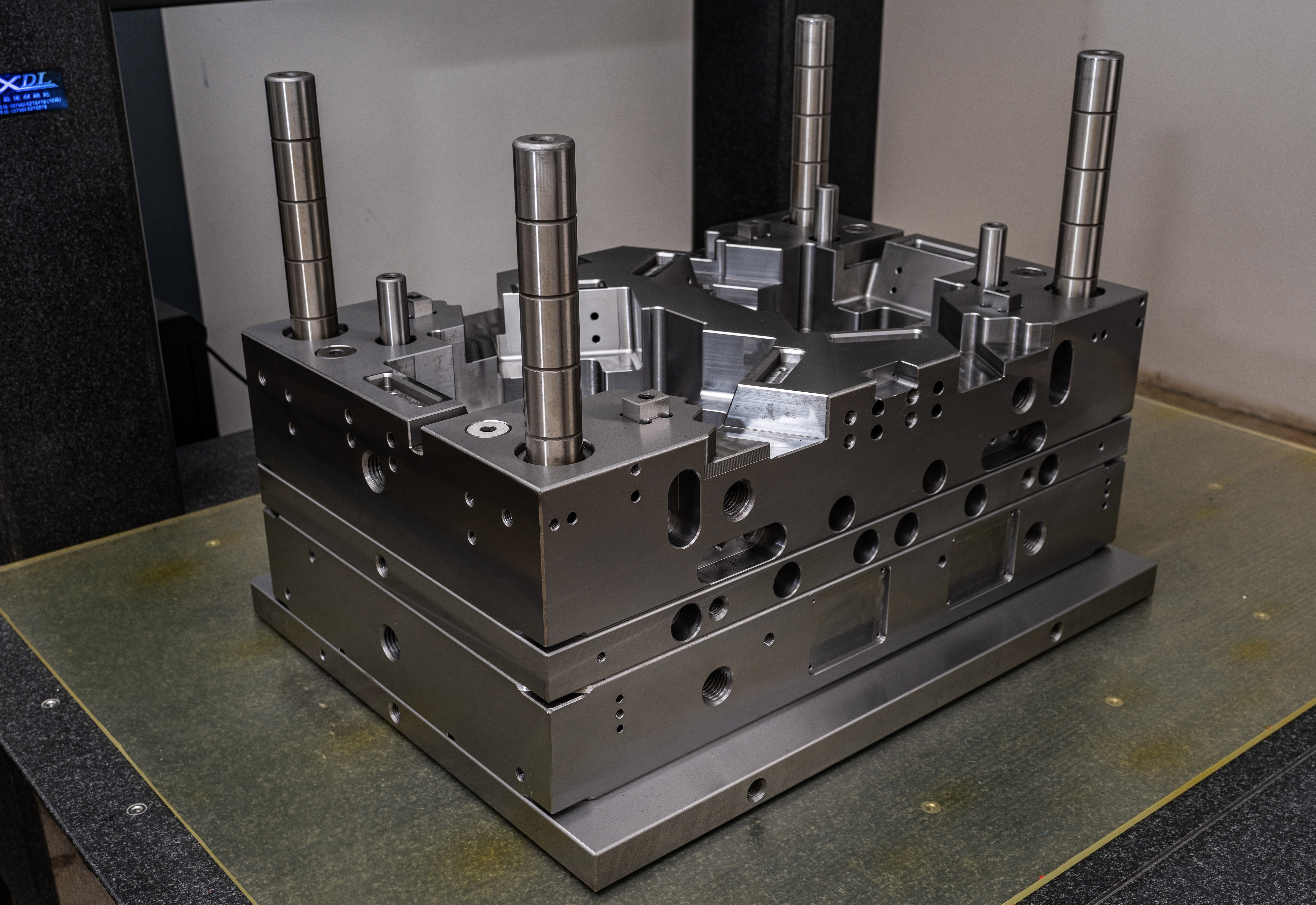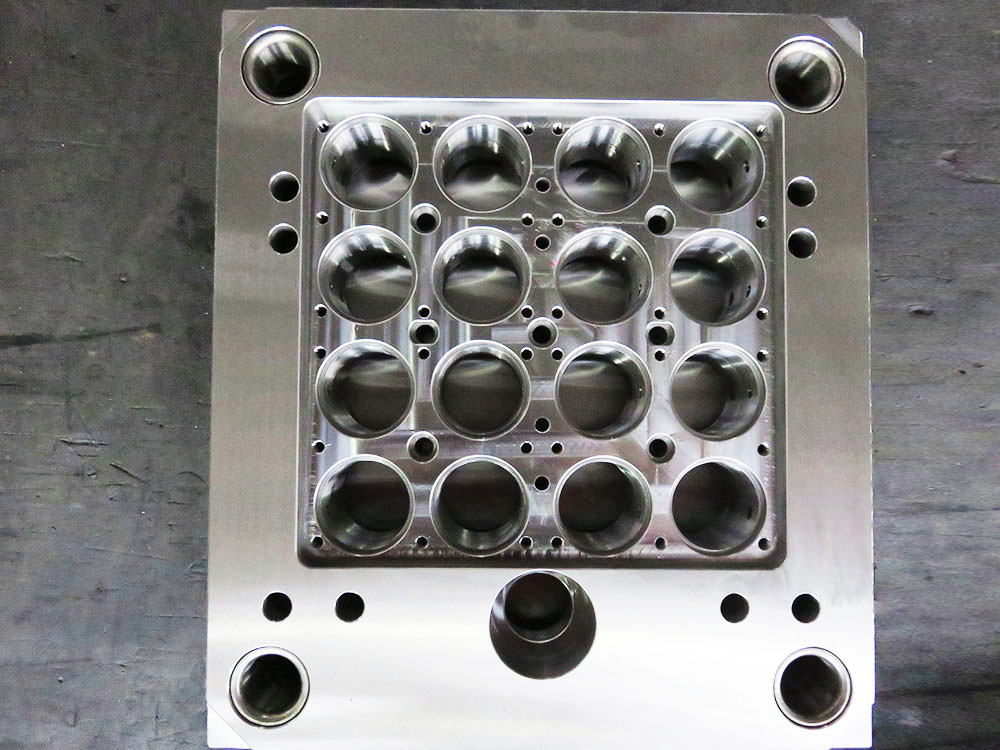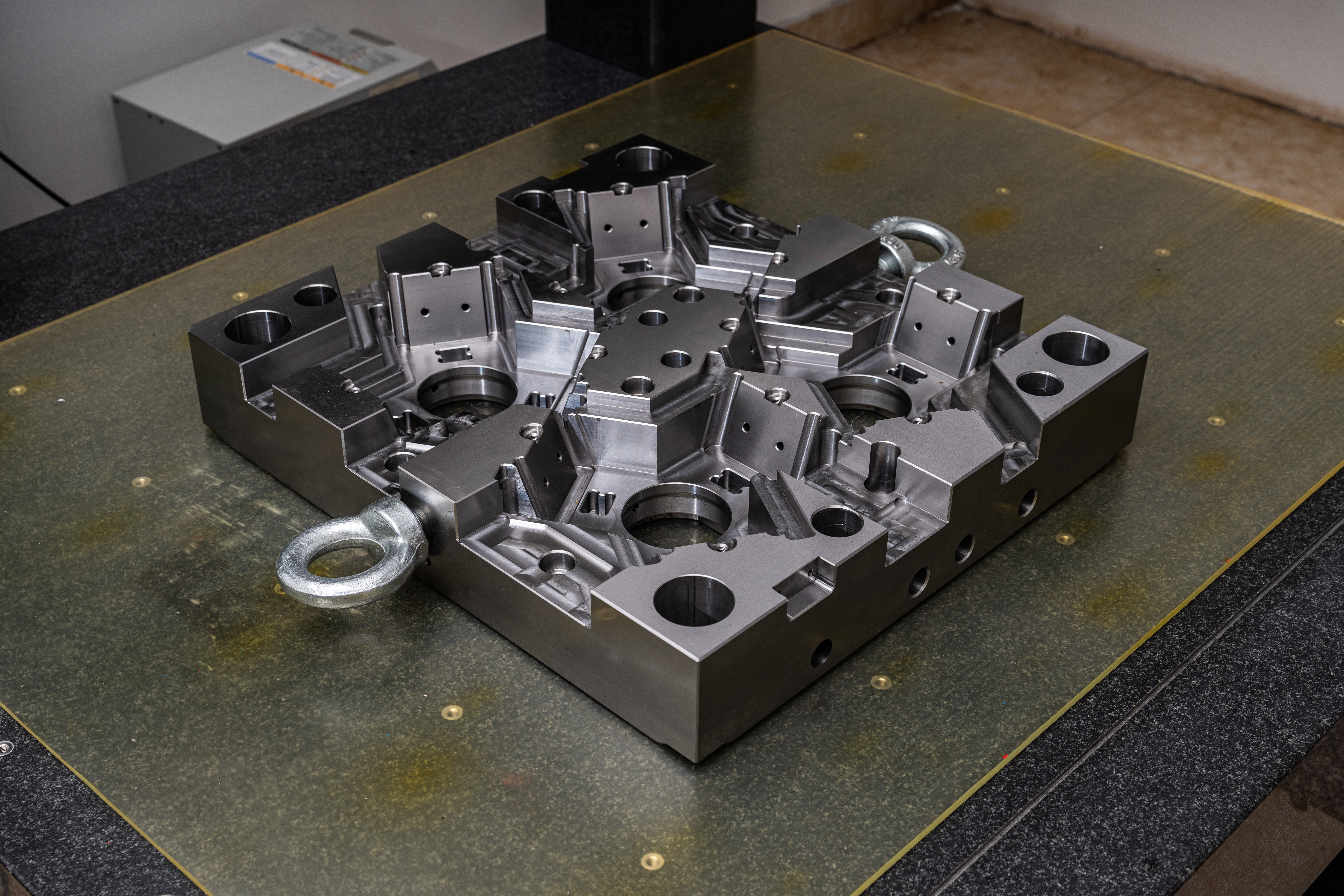Promising Prospects for the Precision Mold Industry
The precision mold industry plays a crucial role in various manufacturing sectors, including automotive, electronics, medical devices, and consumer products. With advancements in technology and increasing demand for customized products, the precision mold industry is expected to witness promising prospects in the coming years.
1. Growing Demand for Precision Mold in Automotive Industry
The automotive industry is a major consumer of precision molds. With the rising focus on electric vehicles (EVs), the demand for precision molds used in the production of EV components such as battery casings, motor housings, and charging connectors is expected to grow significantly. Additionally, the increasing demand for lightweight vehicles to improve fuel efficiency will drive the need for precision molds for manufacturing complex and intricate parts.
2. Advancements in Medical Device Manufacturing
The precision mold industry plays a crucial role in the manufacturing of medical devices, including surgical instruments, implants, and diagnostic equipment. With the advancements in medical technology and the growing demand for personalized healthcare, the precision mold industry is expected to witness substantial growth. The ability of precision molds to produce intricate and complex medical device components with high accuracy and repeatability makes them indispensable in the medical field.
3. Expansion of Consumer Electronics Industry
The consumer electronics industry is continuously evolving with the introduction of new products and technologies. Precision molds are extensively used in the manufacturing of components for smartphones, tablets, wearables, and other electronic devices. As consumer preferences shift towards compact and innovative designs, the demand for precision molds to manufacture smaller and more complex electronic components is expected to surge.
4. Increasing Focus on 3D Printing
3D printing technology is revolutionizing the manufacturing sector, including the precision mold industry. The ability to create complex designs and prototypes with improved accuracy and reduced lead time has made 3D printing an attractive option for mold manufacturing. The precision mold industry is expected to benefit from the integration of 3D printing technology, enabling faster production, customization, and cost-efficiency.
5. Growing Investments in Research and Development
The precision mold industry is witnessing increased investments in research and development to enhance manufacturing processes, improve material selection, and develop new technologies. Manufacturers are focusing on innovation to produce molds with higher durability, improved precision, and reduced production time. These investments and advancements are expected to drive the growth of the precision mold industry.
6. Emerging Markets and Globalization
The expansion of emerging markets, particularly in Asia-Pacific, has created new growth opportunities for the precision mold industry. Increasing industrialization, rising consumer spending, and the presence of major manufacturing hubs in countries like China and India are driving the demand for precision molds. Additionally, globalization has led to outsourcing of manufacturing processes, creating a significant demand for precision molds in various regions across the globe.
Conclusion
The precision mold industry is positioned for a prosperous future with the growing demand from the automotive, medical device, consumer electronics industries, and the integration of 3D printing technology. With advancements in research and development and the expanding markets, the precision mold industry is likely to witness sustained growth and contribute to the advancement of various manufacturing sectors.




